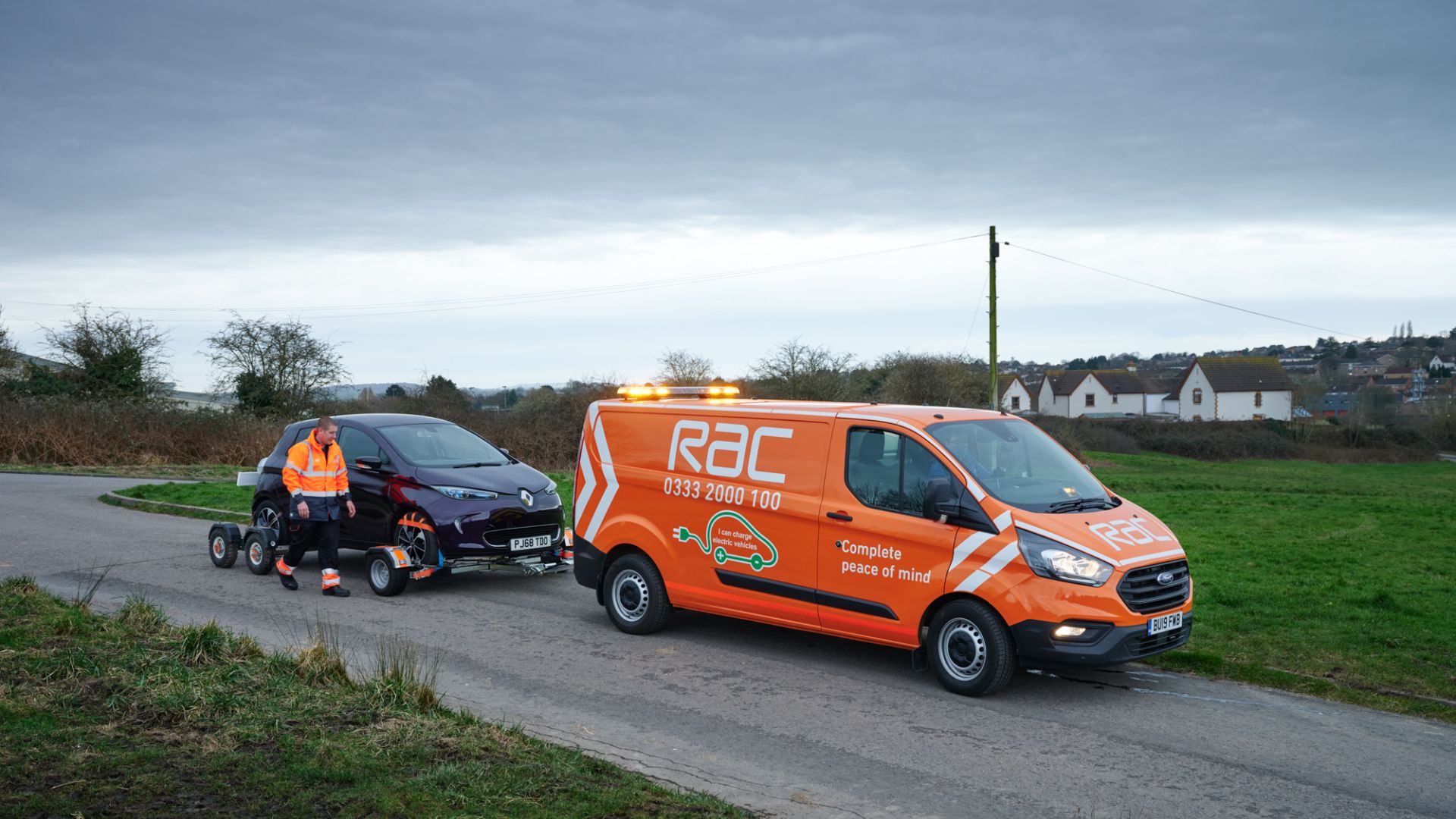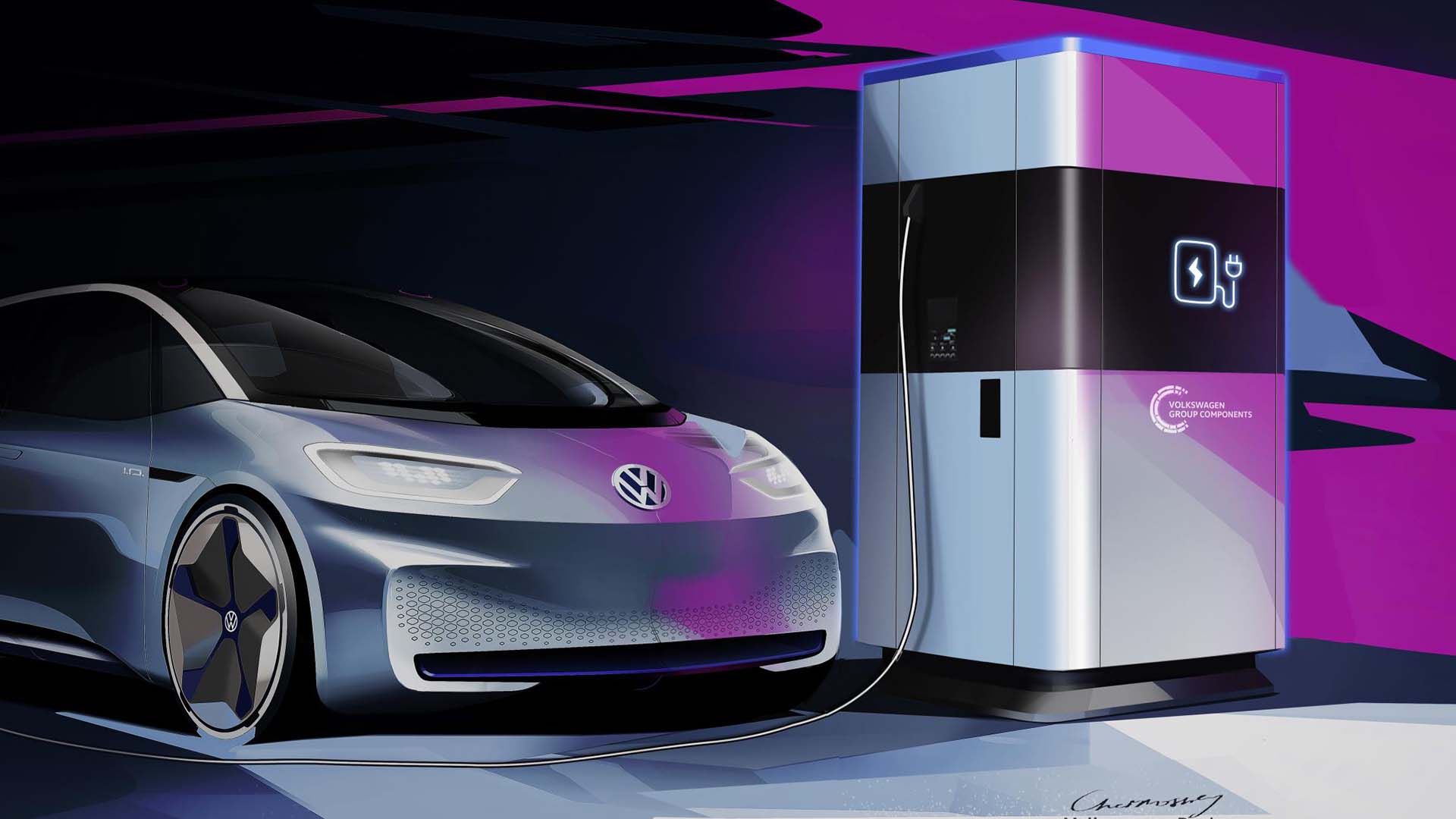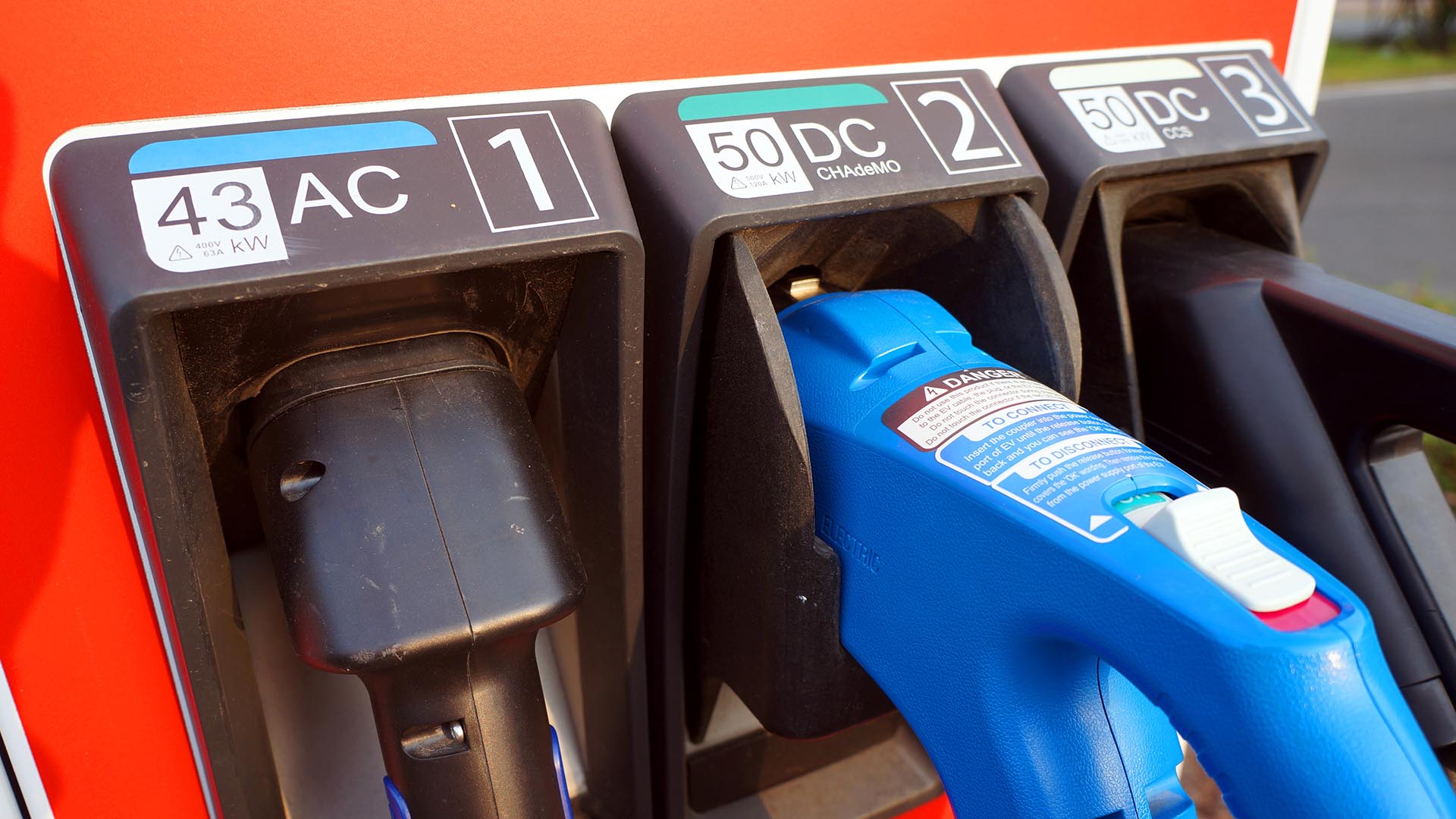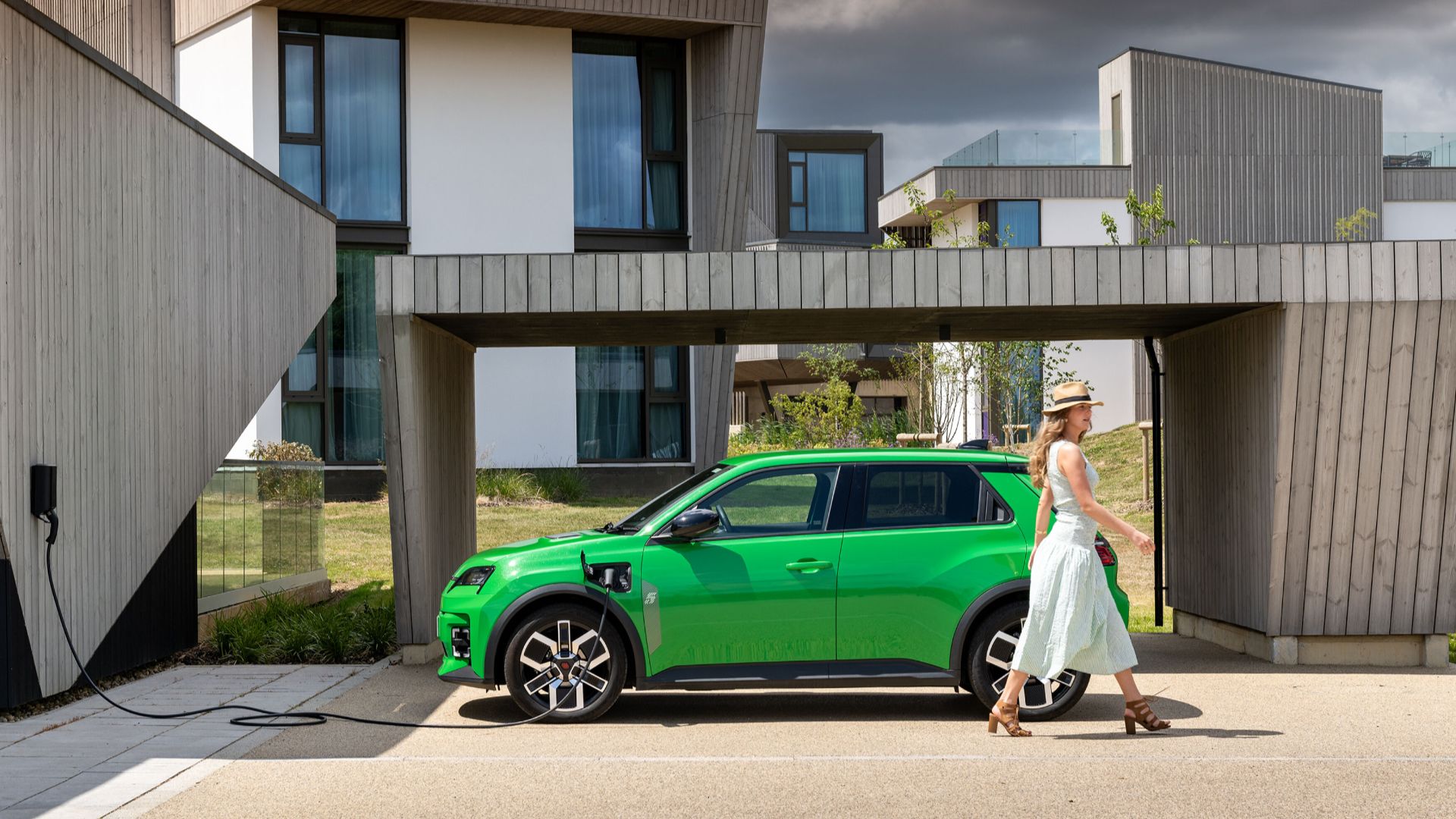Charging an electric car: what you need to know
Mon, 26 Jan 2026
Motoring Research

Our quick guide to charging an electric car explains how long it takes, where to charge and how to save money by charging your EV at home.
The UK’s forthcoming ban on the sale of new petrol and diesel cars comes into force next decade. It means that, for many of us, the future will be electric.
When it comes to driving, you may not notice much difference. Many EVs look and feel similar to combustion cars from behind the wheel, albeit with an automatic transmission, improved refinement and instant pulling power. They are generally more relaxing to drive, but can also offer ...
Hyundai electric cars: Your questions answered
Wed, 14 Jan 2026
Motoring Research

Here's what you need to know about Hyundai’s growing range of electric cars, including the Inster supermini and Ioniq 5 N hot hatchback.
Hyundai offers a range of five electric cars in the UK, from the pint-sized Inster supermini to the seven-seat Ioniq 9 SUV.
This brief guide gives an overview of what you need to know about buying an electric Hyundai. We will update the page regularly as new Hyundai EVs are introduced.
Got any further questions? Let us know in the comments and we will endeavour to help.
Buying an electric...
Driving an electric car – how is it different?
Mon, 12 Jan 2026
Motoring Research

An electric car is no more difficult to drive than one powered by petrol or diesel. If you are an EV novice, our guide explains the process.
If you know how to drive a car with an automatic gearbox, you can drive an EV. It’s as simple as that. Granted, there are a few differences, but you shouldn’t be worried about getting behind the wheel of an electric car for the first time.
With a few exceptions – hello, Tesla Cybertruck – most EVs look similar to petrol or diesel cars. The green flash on the number plates might be the most obvious giveway. The main...
What is the granny cable for charging an electric car?
Tue, 23 Dec 2025
Motoring Research

A ‘granny cable’ should be supplied with your new electric car. But what does the term mean and what does this cable do?
If you own an electric car, you will need to plug in a charging cable to recharge its battery. That much is obvious.
The vast majority of EVs are supplied with at least one charging cable, so make sure they are present if you’re buying a used electric car. A ‘granny cable’ is a colloquial term for the ICCB (In Cable Control Box) cable that should come with the car when...
What happens if an electric car’s battery runs flat?
Mon, 15 Dec 2025
Motoring Research

Running out of charge in an EV is inconvenient and inadvisable. We explain your options if your electric car's battery goes flat.
Just like running out of petrol or diesel in a conventional car, letting your EV’s battery go flat should be avoided if possible. The inconvenience it causes will really disrupt your day. It could affect the long-term health of the battery, too.
Indeed, with an electric car, there will be no friendly good Samaritan with a can of kilowatts to pour into your tank. Or to give you a quick jump-start. Your vehicle may need to be lifted onto a flat-bed truck and carried to a charging...
Where can I charge my electric car for free?
Fri, 12 Dec 2025
Motoring Research

There are a few places left where you can charge an electric car for free. We explore your options, including supermarkets and hotels.
When electric cars first gained popularity around a decade ago, it was easy to find free or cheap places to recharge. At worst, you’d pay £10 for a card that gave you access to roadside charging points for a year.
That couldn’t last for long – and inevitably, it hasn’t. Nobody can afford to give motorists free fuel, even if they are driving efficient cars. So now there is...
EVs explained: What do you need to know about electric cars?
Tue, 09 Dec 2025
Motoring Research

Our beginner's guide will help you get started on your electric car journey. We explain how EVs work and how they differ from other cars.
Whatever you think about electric cars, they are the future – or certainly a big part of it. However, battery-powered vehicles are also nothing new. The first EVs hit the roads in the late 19th century, around the same time as the earliest combustion cars.
Motoring Electric readers of a certain age may also remember the evocative sound of electric milk floats delivering bottles of gold top each morning.
Without resorting to a full history lesson (or a diversion into milk floats), petrol and diesel engines...
Charging an electric car: the difference between AC and DC current
Tue, 11 Nov 2025
Motoring Research

We explain the difference between alternating current (AC) and direct current (DC) electricity. How do they affect EV charging times?
AC and DC current are to EVs what petrol and diesel are to traditional combustion-powered cars. You can think of them as ‘fuels’ to fill up your electric car’s battery.
Unlike when choosing the correct nozzle at the petrol station, however, you never need to worry about which fuel you put in your electric car. This is all handled by the charging unit and the vehicle itself.
So, what is the difference between AC and DC electricity – and how does this affect ...
Will fully charging your electric car damage its battery?
Mon, 03 Nov 2025
Motoring Research

Charging your electric car's battery to 100 percent can impact its long-term health, as our EV advice guide explains.
It is tempting to fully charge the battery in your electric car when possible. After all, you like to leave the house with the battery in your smartphone charged to 100 percent, right?
However, while the occasional full charge isn’t a problem, you should avoid charging an electric car to 100 percent on a regular basis. Doing so will reduce the battery’s longevity and, over time, put a dent in the car’s potential driving...
Should you convert your classic car to electric power?
Tue, 28 Oct 2025
Motoring Research

Replacing a classic car's engine with batteries and an electric motor is controversial. We look at the pros and cons of restomod EVs.
Cards on the table: there is no right or wrong answer to this question. It’s entirely up to you. There are a number of well-established companies that can convert your classic car to electric power. So if you have the desire and the funds, by all means go for it.
We have driven a few electric restomods for our sister site, Motoring Research: everything from a David Brown Mini eMastered to a ...










